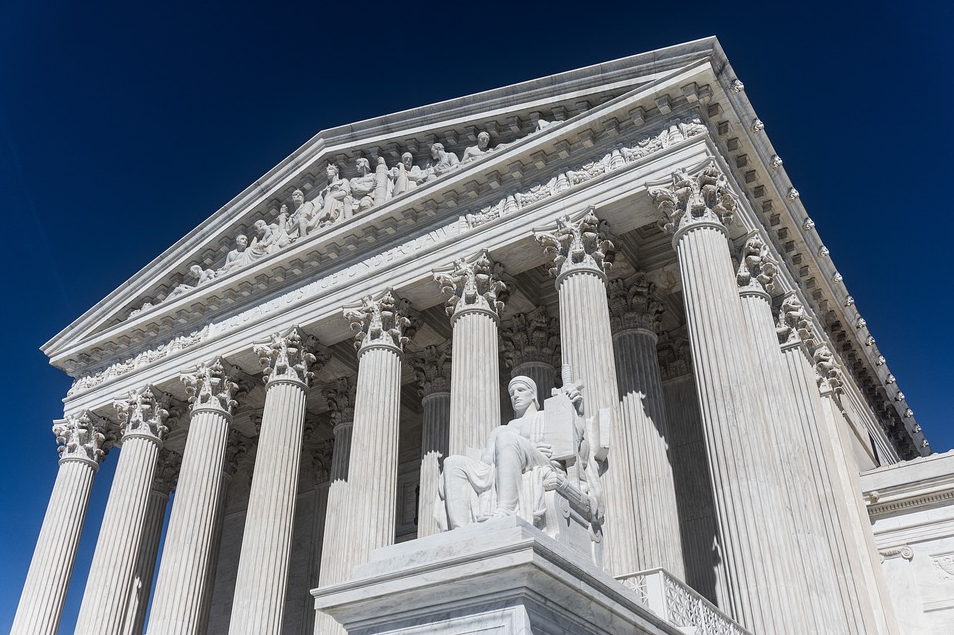
Today, the U.S. Supreme Court agreed to resolve the question of what the Copyright Act means when it says that a work must be registered prior to filing an infringement lawsuit.
Under the Copyright Act, an infringement action cannot be brought until “registration of the copyright claim has been made” (or, alternatively, registration of the claim has been refused by the Copyright Office). Next term, the Supreme Court will review the case of Fourth Estate Public Benefit Corp. v. Wall-Street.com LLC to resolve a circuit split over what it means to fulfill this requirement. The essential question is whether a copyright owner may commence an infringement suit after delivering the proper deposit, application, and fee to the Copyright Office, but before the Register of Copyrights has acted on the application for registration.
Currently, the Tenth Circuit follows the “registration approach,” which requires that the Register of Copyrights act on the application for registration, either by approving or denying it, before a copyright owner can file and infringement action. The Fifth and Ninth Circuits follow an “application approach,” which requires a copyright owner to file the deposit, application, and fee required for registration before filing a suit for infringement. In the case now before the Supreme Court, the Eleventh Circuit followed the registration approach, explaining that in its view “[t]he Copyright Act defines registration as a process that requires action by both the copyright owner and the Copyright Office.” The Supreme Court will now have the opportunity to review and resolve this circuit split in its next term.
We will follow this case and update our readers as the Supreme Court considers this question.
The ability to bring an infringement lawsuit is just one of the benefits of registration. For more information about registration, read our articles on the benefits of registration, how to register your works with the U.S. Copyright Office, and when to update or supplement a registration.
Discover more from Authors Alliance
Subscribe to get the latest posts sent to your email.
